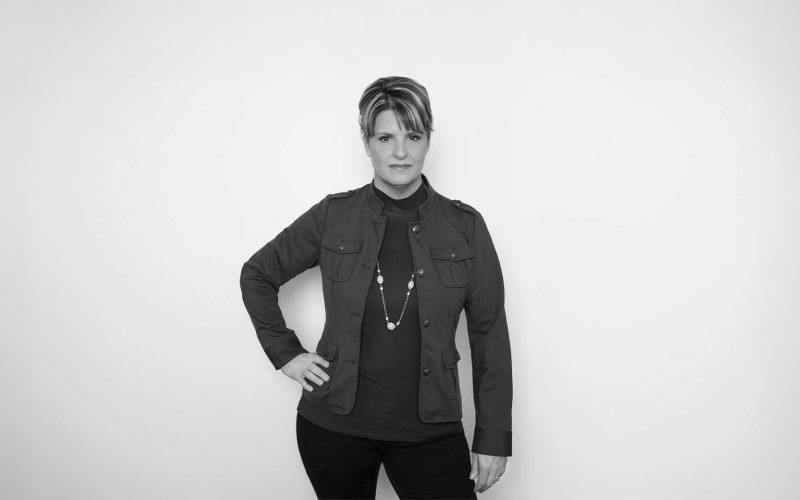Tech solutions often come from seeing everyday problems with fresh eyes. Take the cleaning industry – it’s not the first place most people look for innovation. But sometimes the biggest opportunities hide in plain sight. What if booking a cleaning service could be as easy as calling a ride? That’s the kind of question that led to real change in how we think about home services. Here’s how Bita Safari, the founder of GiGO Clean Technology, turned a dinner conversation into a working solution, proving that good ideas can strike anywhere – even on the back of a restaurant menu.
Starting with a Napkin Sketch
The path from idea to successful business often starts small. “I wrote my business model when I had dinner with my husband on the back of the food menu at the restaurant,” Bita recalls. No fancy boardrooms or pitch decks – just a simple idea that could solve a real problem. She’s built GiGO Clean Technology into what she calls “an Uber way of ordering cleaning services,” but getting there took more than just a good dinner conversation.
Good ideas are common. Good ideas that make money? That’s a different story. Bita learned early that research makes the difference between a cool concept and a viable business. “You need to research the idea in detail, research the market and if there is money to be made out of your model,” she says. The money part matters more than most first-time founders realize. As Bita points out, “You need to make an effort to pay for the marketing cost and for your own salary, so managing the finances is extremely critical.”
Here’s where a lot of founders stumble: they listen to the wrong people. Bita took a different approach. “Don’t go to your friends and families,” she advises. Instead, she went straight to potential customers. “Go to the direct buyers and ask for the real reviews,” she says. It’s the kind of advice that sounds obvious after you hear it, but too many business owners learn it the hard way.
Steps for Building a Viable Tech Solution
Bita breaks down the journey from concept to production into clear steps. First comes documenting the idea – writing down exactly what you want to build. Then you need to think about the user benefit. What problem are you really solving? Who’s going to pay for your solution? These questions matter more than the technology itself. The beta model phase comes next. This is where rubber meets road – where real customers start using your product and telling you what works and what doesn’t. “Unbiased reviews are extremely important,” Bita emphasizes. She’s learned that honest feedback, even when it hurts, beats comfortable lies every time.
Moving from beta to full production isn’t just about scaling up what you’ve built. It’s about being ready for real customers with real expectations. Bita’s confidence shows when she talks about this phase: “You are going to make it because I did.” It’s not bragging – it’s the voice of someone who’s walked the path and knows others can too.
Innovating Everyday Services
Today, GiGO Clean Technology shows what happens when good ideas meet careful execution. Bita’s journey from restaurant menu to functioning business offers a roadmap for others looking to build tech solutions. Her straightforward approach – research, test, build, launch – cuts through the noise that often surrounds tech entrepreneurship.
The cleaning industry might not be glamorous, but it’s where Bita found her opportunity. By bringing tech solutions to an everyday problem, she’s proving that innovation doesn’t have to mean reinventing the wheel. Sometimes it just means making life a little easier for people who need it. To learn more about Bita Safari and GiGO Clean Technology, check out her LinkedIn profile.











